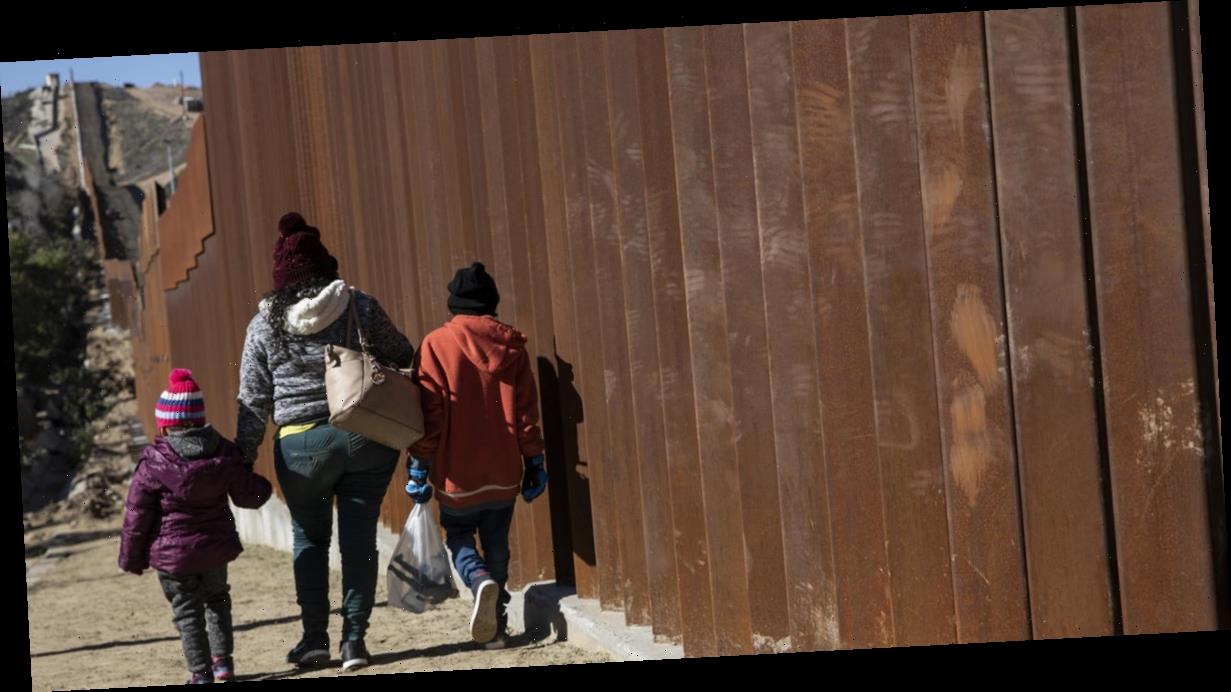The Biden administration on Tuesday stopped enforcing the 2019 “public charge” restrictions on green cards, unraveling the centerpiece of former President Donald Trump’s efforts to restrict legal immigration. Homeland Security Secretary Alejandro Mayorkas said his department had halted the implementation of the 2019 “public charge” regulation following the reinstatement of a federal court order blocking the Trump-era policy.
Earlier on Tuesday, the Justice Department notified courts across the country, including the Supreme Court, that it would no longer defend the Trump administration’s public charge regulation.
Advocates had strongly denounced the policy, which granted U.S. officials broader discretion to reject green card applications from immigrants the officials found were relying — or at risk of relying — on public benefits, like food stamps.
“The 2019 public charge rule was not in keeping with our nation’s values,” Mayorkas said in a statement. “It penalized those who access health benefits and other government services available to them.”
Last month, President Biden instructed the Department of Homeland Security to review the public charge rule and other Trump-era limits on legal immigration. On Tuesday, DHS said it had determined as part of the review that defending the rule against the flurry of lawsuits it garnered from states, local jurisdictions and advocacy groups was “neither in the public interest nor an efficient use of limited government resources.”
Soon after the Justice Department’s actions, the Seventh Circuit Court of Appeals dismissed an appeal of one of the district court rulings against the green card restrictions, restoring the suspension of the policy.
DHS said Tuesday it would revert to Clinton-era rules that instructed officials to only deem immigrants public charges if they were receiving government cash benefits or long-term institutionalized care.
“Under the 1999 interim field guidance, DHS will not consider a person’s receipt of Medicaid (except for Medicaid for long-term institutionalization), public housing, or Supplemental Nutrition Assistance Program (SNAP) benefits as part of the public charge inadmissibility determination,” the department said in a statement.
DHS also noted, as the Trump administration did last spring, that vaccination and other medical treatment for the coronavirus would not be considered in public charge determinations.
The “public charge” term was first included in U.S. law in the early 1880s, when the federal government started regulating immigration, including the banning of most Chinese immigrants under the premise that they “endangered the good order” of American communities.
The Trump administration expanded the definition of the term, which effectively means being deemed an economic burden on the country, by broadening the types and amount of government aid that would count against immigrants seeking to become lawful permanent residents. It argued the changes supported “self-sufficiency” among immigrants in the U.S.
Advocates, however, asserted the Trump-era requirements amounted to a wealth test that deterred low-income immigrants, including children who are U.S. citizens who are not subject to the rules, from accessing critical programs, like food stamps. According to a report published last month by the Urban Institute, over 13% of adults in immigrant households reported foregoing government aid in 2020 because of fear it would jeopardize their immigration cases.
“Quite simply, today, fewer children will go hungry and more families will get the medical care they desperately need,” New York Attorney General Letitia James, who had challenged the Trump-era public charge rule, said in a statement.
Mayorkas said DHS would continue to review the Trump administration’s regulation.
Olivia Golden, executive director of the Center for Law and Social Policy, praised Tuesday’s actions. But she urged the Biden administration to formally rescind the 2019 rule and increase public awareness about the policy reversal “to ensure that immigrant families know they can safely get the care and help they need.”
Source: Read Full Article
